To provide the best experiences, we use technologies like cookies to store and/or access device information. Consenting to these technologies will allow us to process data such as browsing behaviour or unique IDs on this site. Not consenting or withdrawing consent, may adversely affect certain features and functions.
The technical storage or access is strictly necessary for the legitimate purpose of enabling the use of a specific service explicitly requested by the subscriber or user, or for the sole purpose of carrying out the transmission of a communication over an electronic communications network.
The technical storage or access is necessary for the legitimate purpose of storing preferences that are not requested by the subscriber or user.
The technical storage or access that is used exclusively for statistical purposes.
The technical storage or access that is used exclusively for anonymous statistical purposes. Without a subpoena, voluntary compliance on the part of your Internet Service Provider, or additional records from a third party, information stored or retrieved for this purpose alone cannot usually be used to identify you.
The technical storage or access is required to create user profiles to send advertising, or to track the user on a website or across several websites for similar marketing purposes.
 Coronavirus will have a lasting impact on office use and levels of remote and flexible working, new figures from the Institute of Directors suggest. That is the unsurprising findings of a survey of close to a thousand company directors conducted in September. The poll claims nearly three quarters (74 percent) of respondents said their firms would maintain increased levels of remote and flexible after the pandemic ends. More →
Coronavirus will have a lasting impact on office use and levels of remote and flexible working, new figures from the Institute of Directors suggest. That is the unsurprising findings of a survey of close to a thousand company directors conducted in September. The poll claims nearly three quarters (74 percent) of respondents said their firms would maintain increased levels of remote and flexible after the pandemic ends. More →






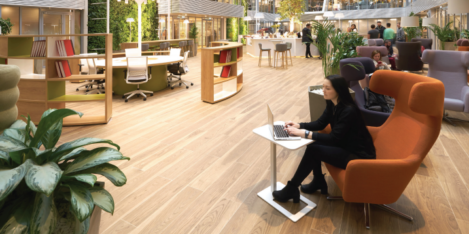
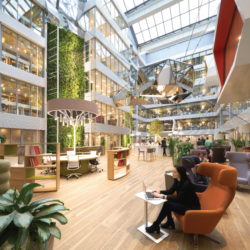
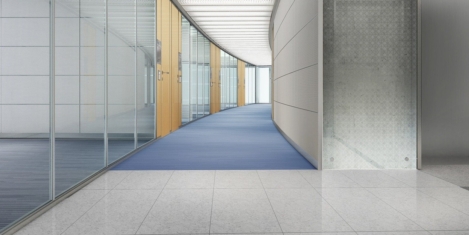
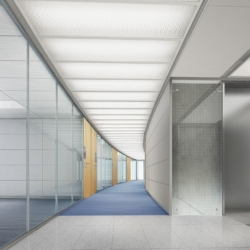
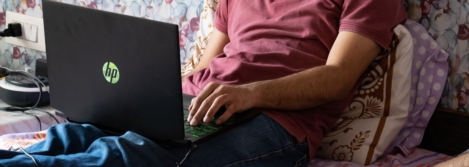
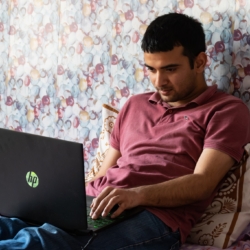 With many companies announcing that they will not force employees back to the office until next year, 34 percent of UK workers have admitted to feeling more productive since working from home. That’s according to new ‘Work Different’ research from
With many companies announcing that they will not force employees back to the office until next year, 34 percent of UK workers have admitted to feeling more productive since working from home. That’s according to new ‘Work Different’ research from 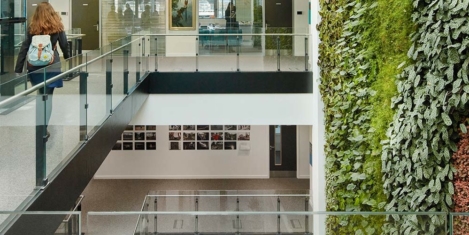
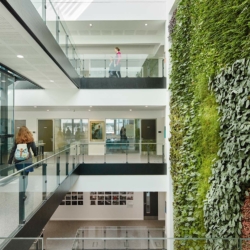




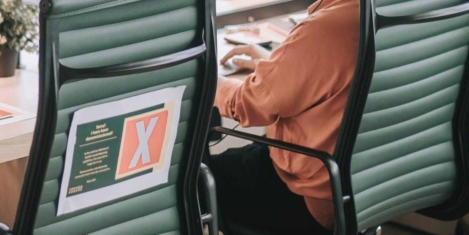
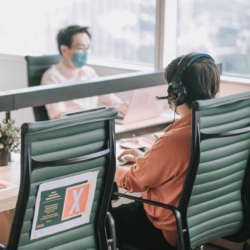














October 2, 2020
What (nearly) everybody gets wrong about work and the coronavirus
by Mark Eltringham • Comment, Flexible working, Workplace design